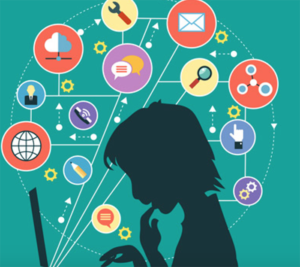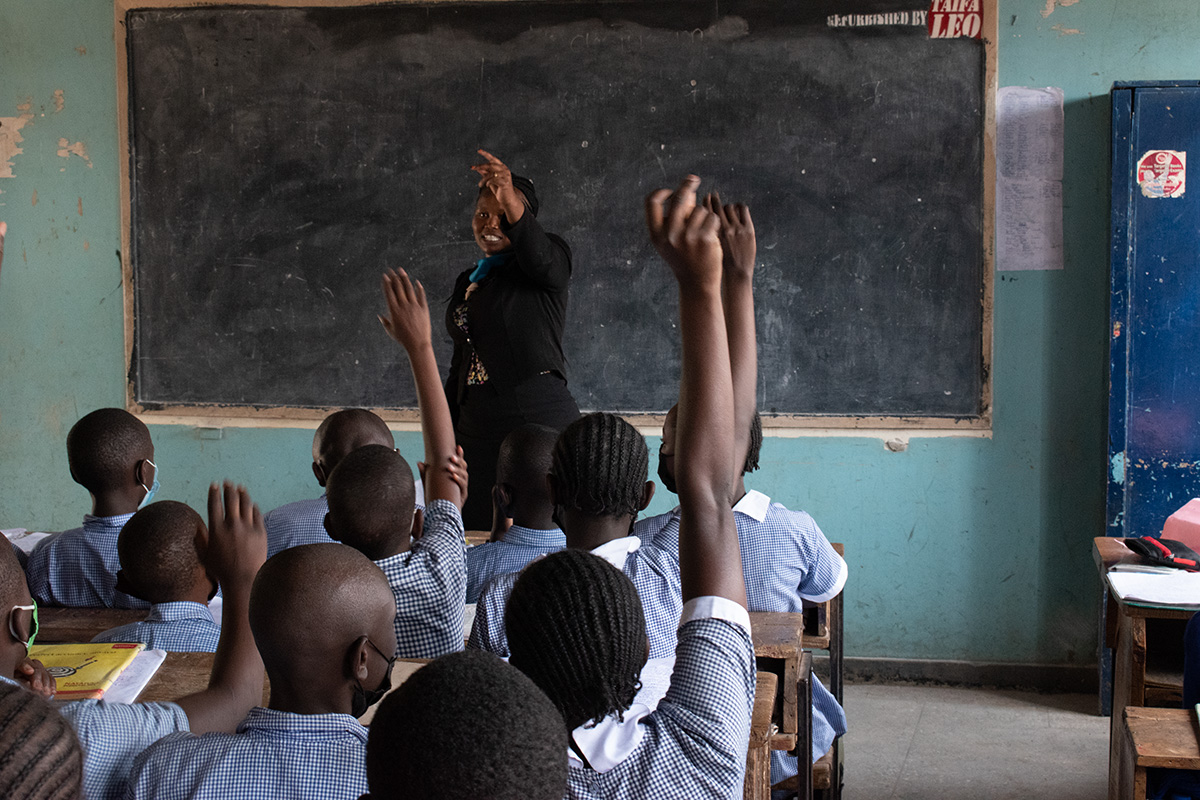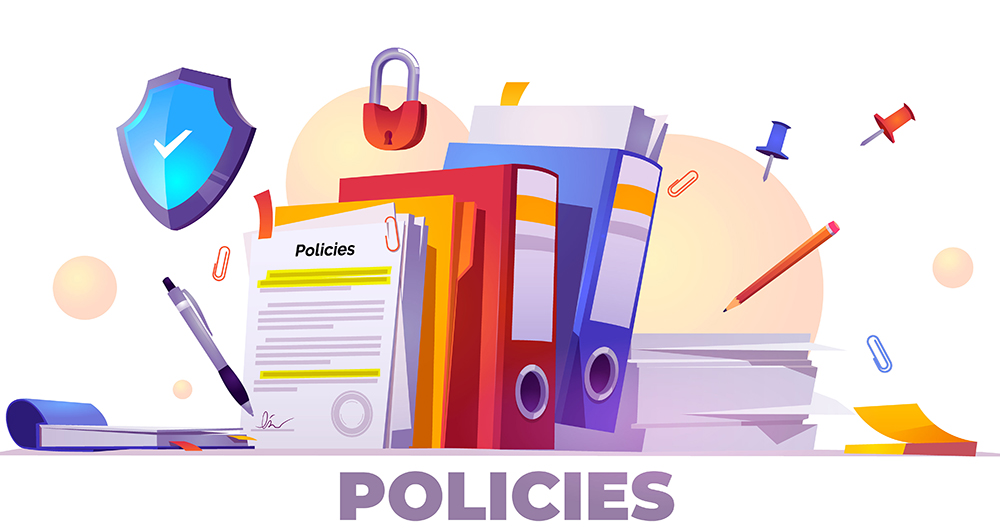Artificial Intelligence: Rethinking Learning

The development of artificial intelligence has placed us at a crucial moment in the history of humanity. Its entry into the educational sphere has sparked intense debate. It’s not surprising that, if last year it took the top spot in trends to watch, AI and its influence on education continue to be a hot topic. How and under what circumstances can AI improve education? How to regulate it or address challenges related to ethics, equity, and security are some of the most intense discussion topics, all of which we have covered this year at the Observatory.
Socio-Emotional Skills: The Value of What Makes Us Human

Due to the development of new technologies, education has been embracing a more holistic approach in recent years, increasingly recognizing the fundamental importance of so-called socio-emotional skills: creativity, critical thinking, empathy, teamwork, etc. In a world where artificial intelligences are becoming more present in all areas, it is essential to cultivate skills that make us more human. Education needs to rethink its goals, priorities, methodologies, and assessments. Because, what is the point of asking students for summaries or compositions that go no further than a simple narration of events filled with dates and data?
In this observatory, we believe that artificial intelligence will never replace schools or teachers. But we also believe that they must assume their changing role and provide added value. Changing outdated methodologies and old slogans that prioritize rote memorization over critical and creative thinking.
This paradigm shift also raises fundamental questions about the assessment and effective integration of these skills into the curriculum, which will be much discussed in 2024. How can soft and socio-emotional skills be measured and evaluated? What methodologies are most effective in developing these skills in students?
Digital Divide: New Challenges of Access and Equity

Despite advances in the adoption of technology in education, the digital divide persists as a significant challenge. In 2024, the disparity in access to technology and digital connectivity remains an obstacle for many students, exacerbating educational inequalities. While the digital revolution offers great potential to solve many problems related to these gaps, overcoming these inequalities and challenges requires a clear purpose and effective strategies.
The debate focuses on strategies to close this gap. Digital inclusion policies, equitable access to devices, and reliable connectivity are hot topics. In addition, the need for teacher training to ensure that educators are prepared to make the most of digital tools and close the educational gap is discussed.
Digital Content: Quality and Credibility in the Digital Age

Did you know that today, in just two days, we create the same amount of information as was created in the last 2,000 years? How do we navigate this giant ocean of knowledge? How do we learn to manage it and get the most out of it in the classroom?
We love to create and consume it. However, quality digital content and its institutional-level management are often overlooked by national and international administrations. National educational platforms with free access, equipped with quality content, are a rarity on the agenda of digital education in countries. The Gateways to Public Digital Learning initiative is a multilateral initiative, promoted by UNESCO and UNICEF, to give educational digital content the importance it deserves. Because connectivity and capacity are useless without adequate digital resources for teaching and learning.
On the other hand, unprecedented access to online information has led to a debate about the quality and credibility of digital content. Today, there is talk about how to teach students to discern between reliable and false information in a sea of online data. The ability to critically assess information becomes an essential skill in the digital age.
The challenge lies in how to teach students to conduct online research, assess the credibility of sources, and distinguish between accurate information and misinformation. How can educators develop effective educational programs to improve information literacy in a world flooded with information?
Emotional Education: Learning to Feel

Emotional education and the management of emotions in the school environment have also gained significant importance in recent years and continue to evolve as a prominent trend in the educational field. Because we cannot learn if we are sad, angry, or bored. And because school, as the first public space for socialization and learning outside the family, plays an essential role in the care and well-being of the mental health of our children.
Given this, how to approach emotional education in education? How to implement it in schools? Are teachers prepared? Are families prepared? Should it be integrated into the school curriculum at the same level as cognitive disciplines?
This growing and justified interest is resulting in the development of methodologies to promote this learning, from prestigious institutions such as Yale University. And, as expected, digital applications and platforms are also being developed to help students manage and understand their emotions.
All of this points to increased awareness and action towards the emotional well-being of students, recognizing its importance not only for academic success but also for their integral development as balanced and conscious individuals.






